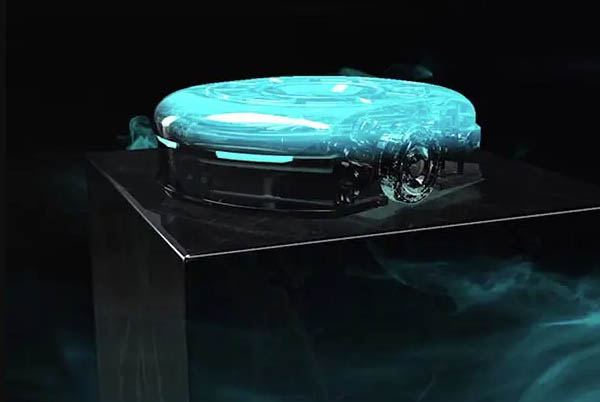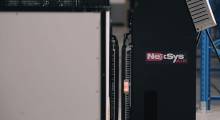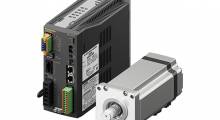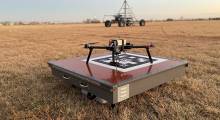Many autonomous mobile robots currently require direct contact with a charging station using pins or conductive charging. However, they can have problems docking properly, reducing efficiency and adding expenses for human intervention and maintenance. Powermat Technologies Inc. yesterday announced its wireless system designed to optimize charging efficiency for fleets of service robots used for commercial cleaning, delivery, warehouse operations, and medical facilities.
“For organizations to get the most return on their investment in autonomous solutions, service robots should always be able to complete their task autonomously and recharge quickly without human intervention,” said Elad Dubzinski, CEO of Powermat. “By enabling flexible and efficient wireless charging for commercial robotics, Powermat's platform essentially offers the last missing piece of the puzzle to enable full robot autonomy.”
Powermat said its products and intellectual property licensing program enable global businesses to incorporate advanced wireless power technology into their systems and customize them for unique use cases. The Tel Aviv, Israel-based company claimed that its systems can be found in over 800 million smartphones, 40 million embedded accessories, and 8 million cars worldwide.
Last month, Powermat raised $25 million in Series B funding. Its customers include Foxconn, Samsung, General Motors, Flex, Harman International, Pivotal Commware, and Kyocera.
Powermat eliminates need for direct-contact charging
Powermat said its new wireless charging platform for autonomous mobile robots (AMRs) and other commercial devices eliminates the need for direct contact with pogo-pins entirely, providing operators with 90% charging efficiency while enabling flexible charging capabilities.
Robots, including those using photovoltaic cells, can charge in proximity to their charging stations without the need for accurate alignment or direct contact, it said.
“This innovation will help accelerate the global adoption of robots and AMRs, which provide efficiency, safety, and cost-saving benefits across industries,” said Dubzinski.
In addition, Powermat said its turnkey reference design for SmartInductive-based wireless charging and battery management provides connectivity features that combine power and in-band data transfer. This enables seamless communication between each robot in the fleet and at docking stations, which is required for identification and authentication, software upgrades, and more.
Powermat said its commercial robotics offering includes a software-based interface to enable analytics, fleet management, and other AI-powered data capabilities.
The company noted that its wireless charging technology supports power transfer over a distance of up to 150mm between receiver and transmitter (Z), and it can integrate with both existing robots and products in development.
“By leveraging a hybrid approach to wireless power, Powermat's platform for commercial robotics bridges the gap between magnetic induction and resonance and provides higher power levels over longer distances, more spatial freedom, and data transfer over the wireless power link,” the company said.
Article topics
Email Sign Up
















